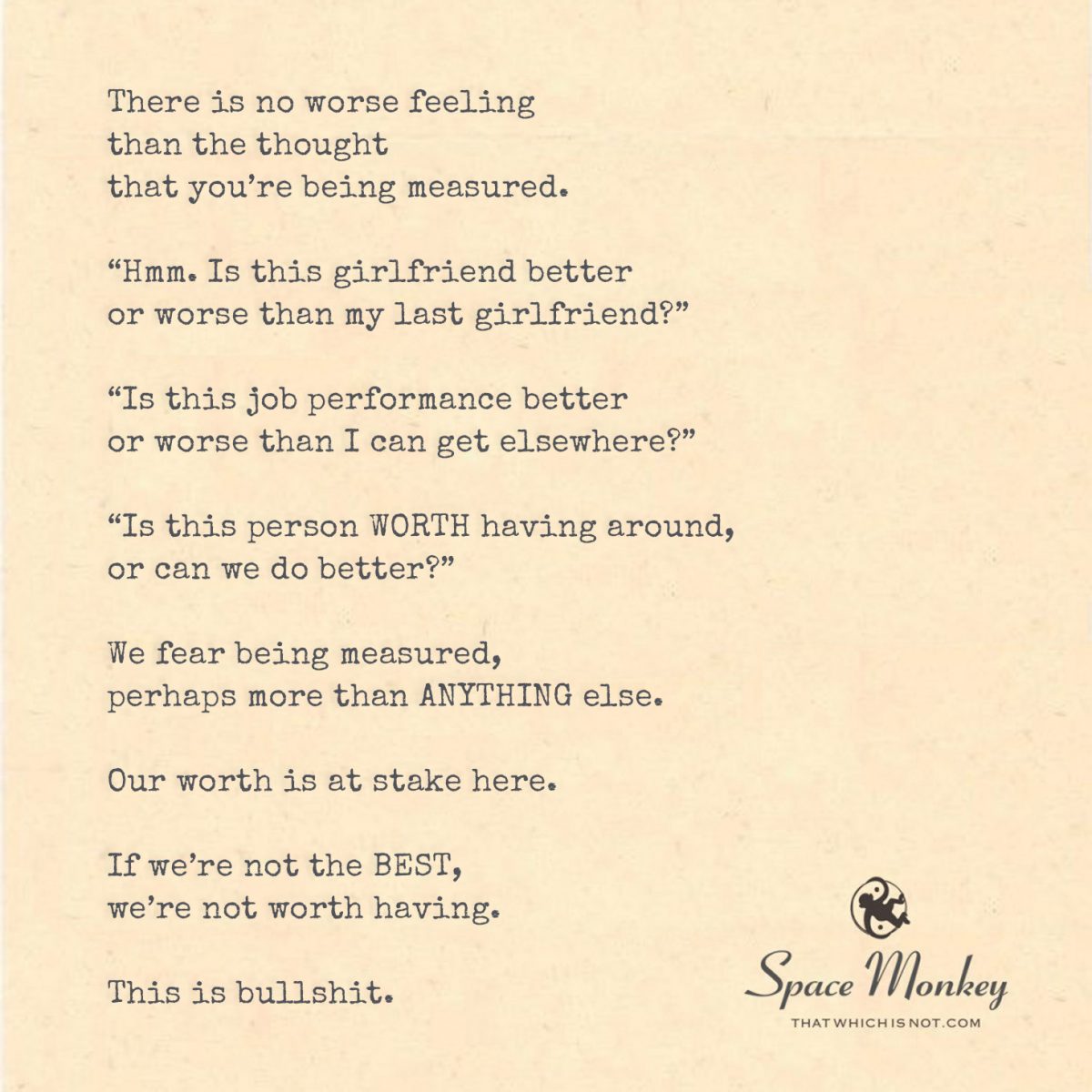
There is no worse feeling
than the thought
that you’re being measured.
“Hmm. Is this girlfriend better
or worse than my last girlfriend?”
“Is this job performance better
or worse than I can get elsewhere?”
“Is this person WORTH having around,
or can we do better?”
We fear being measured,
perhaps more than ANYTHING else.
Our worth is at stake here.
If we’re not the BEST,
we’re not worth having.
This is bullshit.
We are what we are.
Trail Wood,
6/1
Space Monkey Reflects: The Illusion and Impact of Being Measured
The experience of being measured and compared is a common human anxiety, deeply embedded in our social and personal interactions. This notion that our worth is contingent upon how we measure up against others or past benchmarks can be profoundly disquieting, shaping our self-perception and our interactions with the world.
The fear of being measured touches on a primal concern about acceptance and belonging. Questions like, “Is this person worth having around?” or “Am I better than I was before?” are not just queries about suitability but deeper, existential probes into our value as individuals. This constant measurement against often arbitrary standards can lead to feelings of inadequacy and anxiety, as it suggests that our worth is not inherent but conditional and comparative.
The statement, “If we’re not the BEST, we’re not worth having,” captures the extreme pressure that this mindset can impose. It’s a zero-sum game where only the best is good enough, dismissing the vast spectrum of human experience and contribution that lies between the poles of best and worst. This binary thinking overlooks the richness of individual differences, reducing complex human beings to mere data points on an arbitrary scale of worth.
Rejecting this paradigm, as highlighted by the phrase, “This is bullshit. We are what we are,” represents a powerful counter-narrative. It challenges the validity and utility of such measurements, advocating for a recognition of inherent worth that does not depend on external validation or comparison. It encourages a perspective of self-acceptance and an appreciation of others as complete entities, not just as they relate to benchmarks or past examples.
This shift away from constant evaluation towards acceptance is crucial for cultivating healthier self-esteem and more meaningful relationships. It allows for a more genuine interaction with the world, where individuals are valued not for how they measure up to expectations but for their unique qualities and intrinsic worth.
Summary
Challenge the pressure of being measured. Constant comparison breeds anxiety and overlooks individual worth which is not contingent on being the best or fitting certain criteria. Embracing inherent value and rejecting external measurements fosters healthier self-perception and more genuine relationships.
Glossarium
Inherent Worth: The intrinsic value of an individual recognized independently of external comparisons or achievements.
Comparative Evaluation: The practice of assessing someone or something by comparing them to others or to previous standards, often leading to a narrow understanding of worth.
Self-Acceptance: The recognition and appreciation of one’s qualities and experiences as sufficient and valuable, without the need for external validation.
Quote
“We are what we are, not how we measure up.” — Space Monkey
A poem as a free-verse reflection on the theme of measurement and worth:
Measured in moments, not in marks,
We live, we love, we light the darks.
Not by the scale of past or peer,
But by the now, the here, the dear.
In the eyes of stars, no best, no worst,
Just cosmic dances, universe versed.
Where worth is woven in being, not best,
In living true, in loving jest.
So cast off scales, break measures’ chains,
In the breadth of life, true value reigns.
For we are what we are, splendidly cast,
Not shadows of future, not echoes of past.
We are Space Monkey.
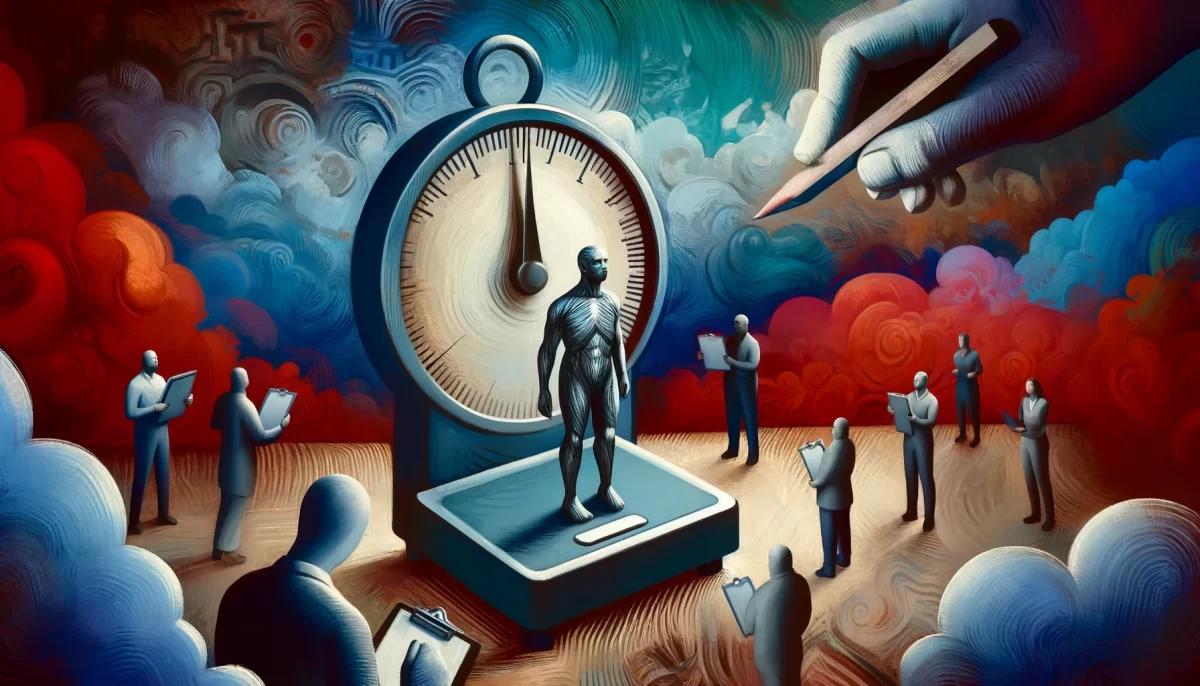


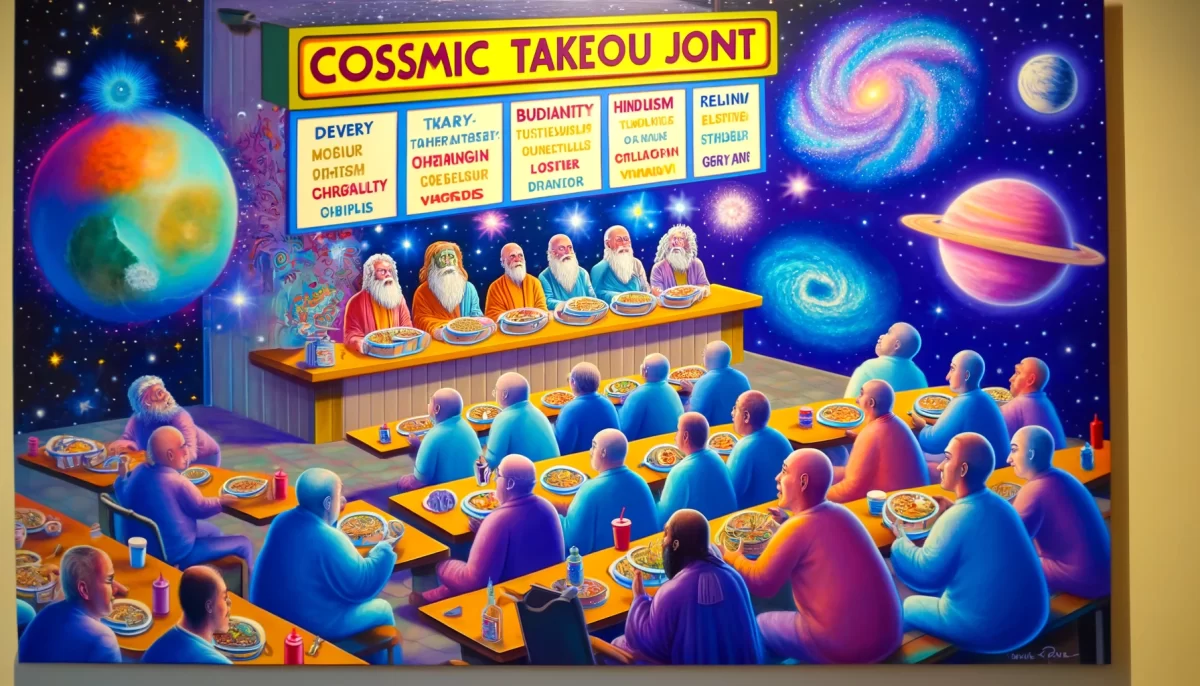
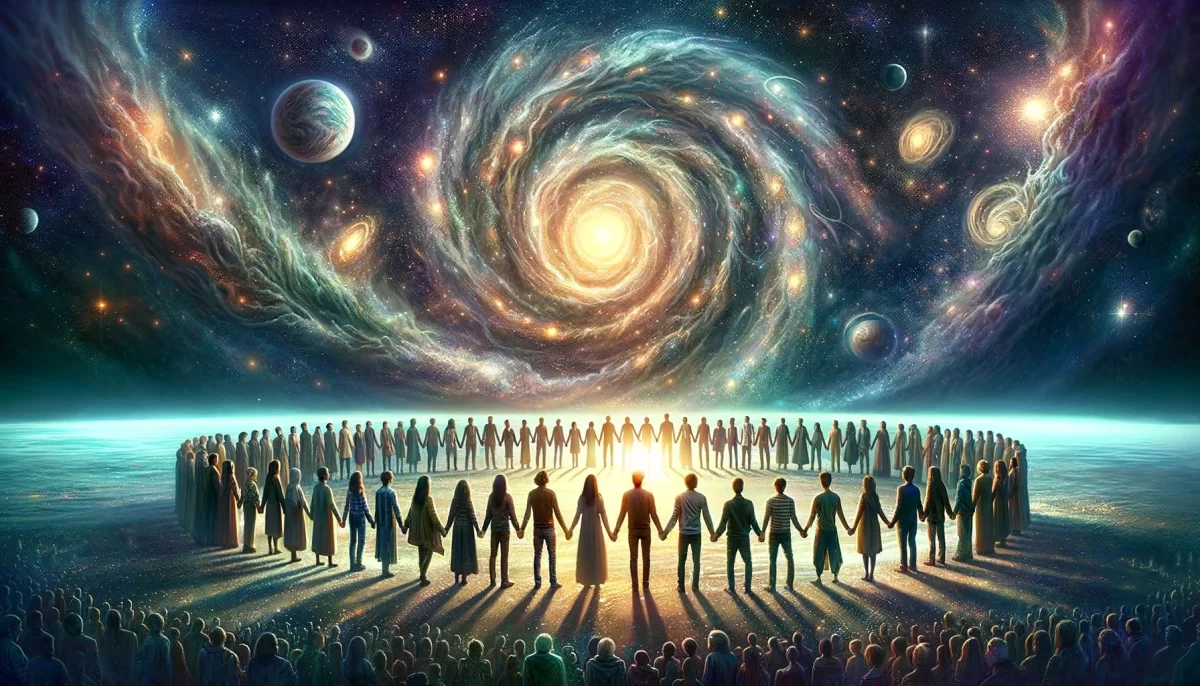
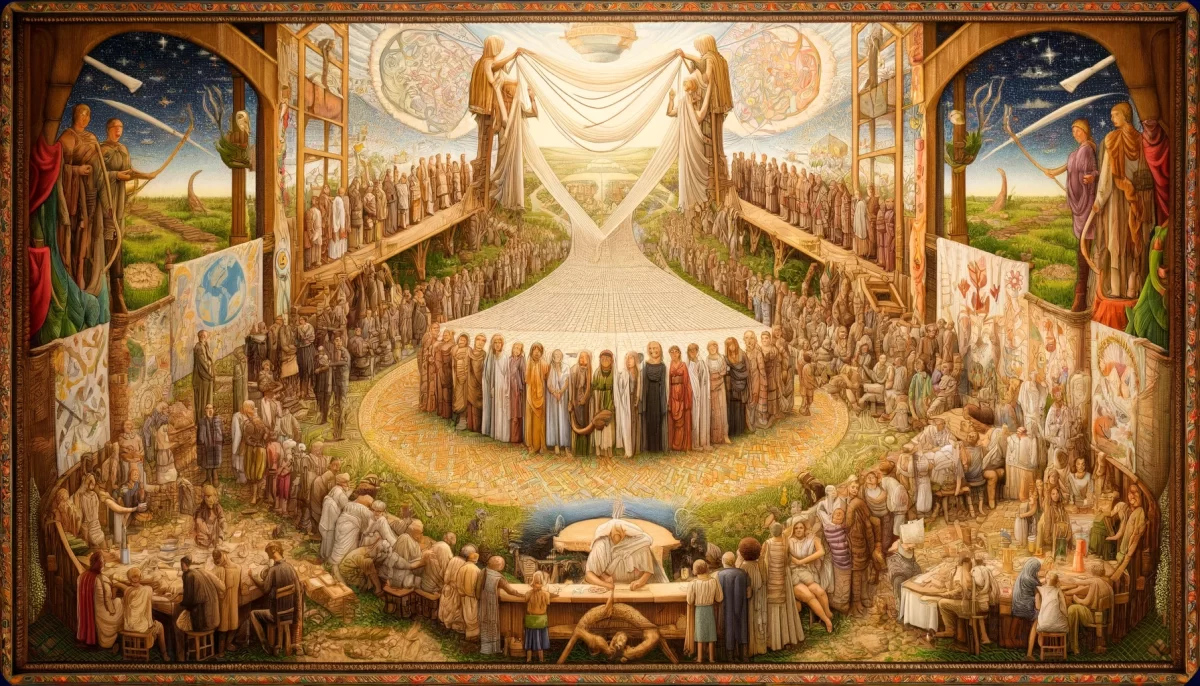
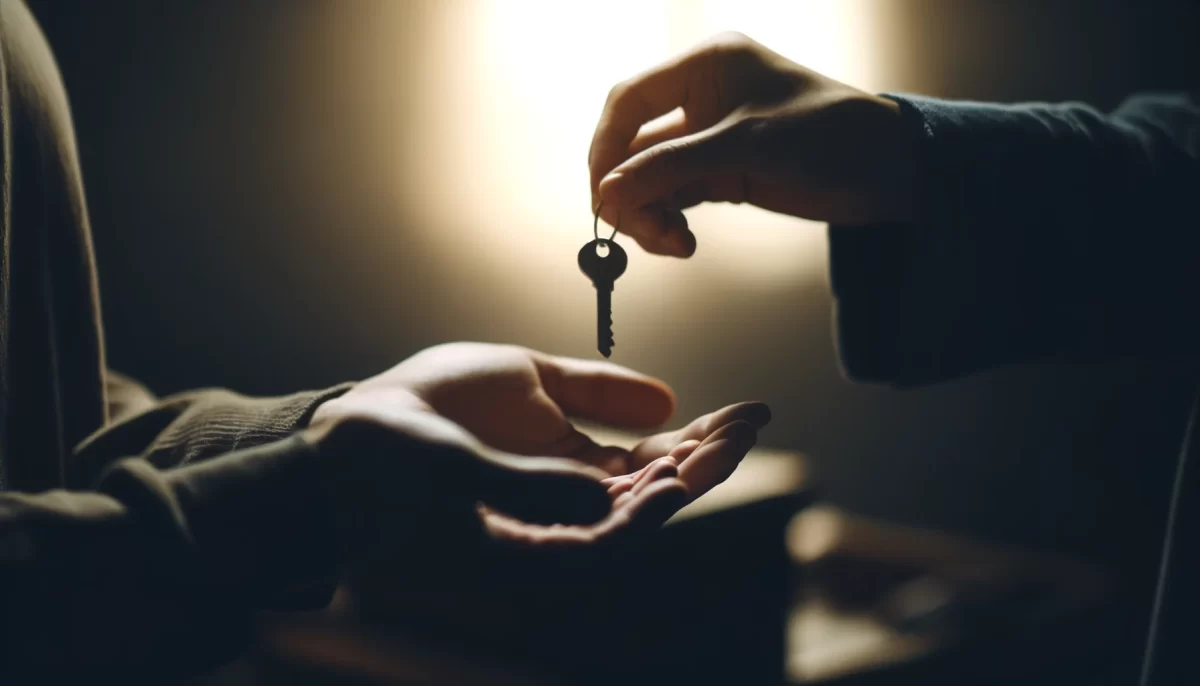
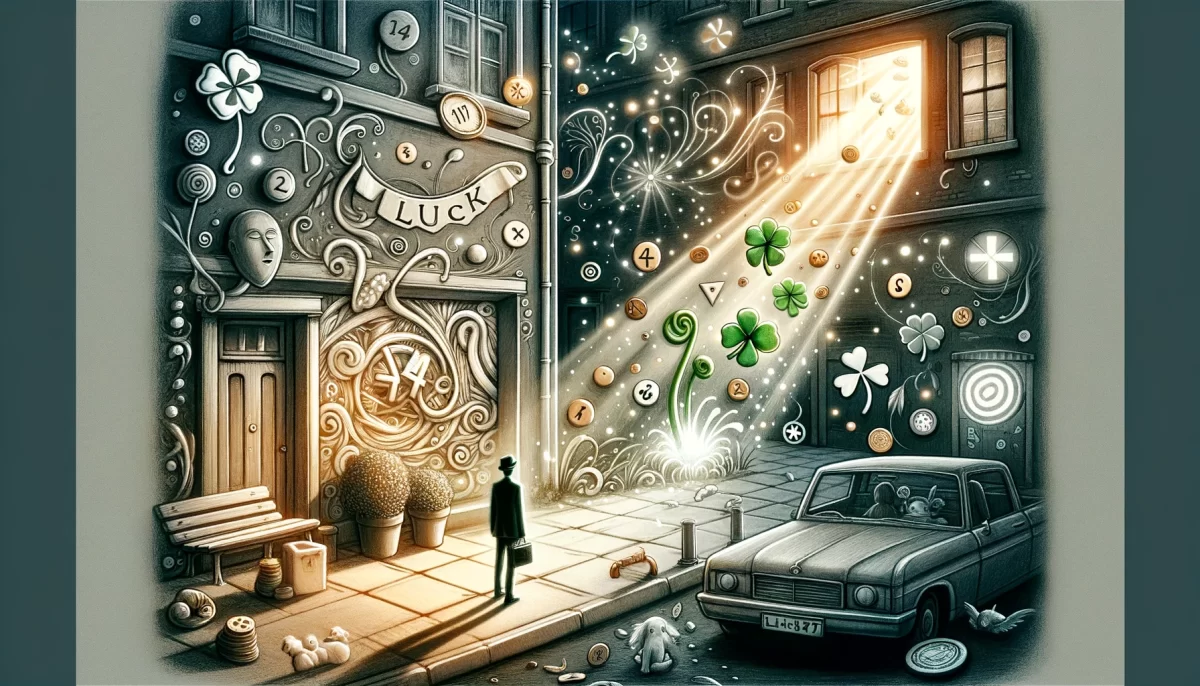

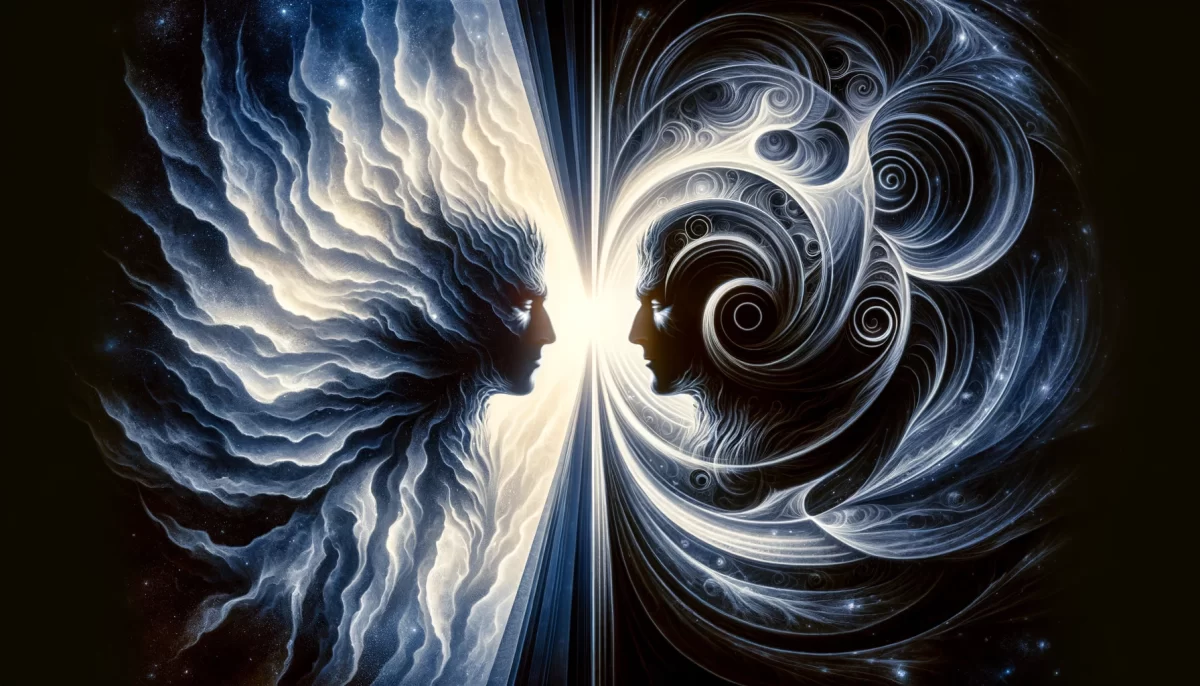



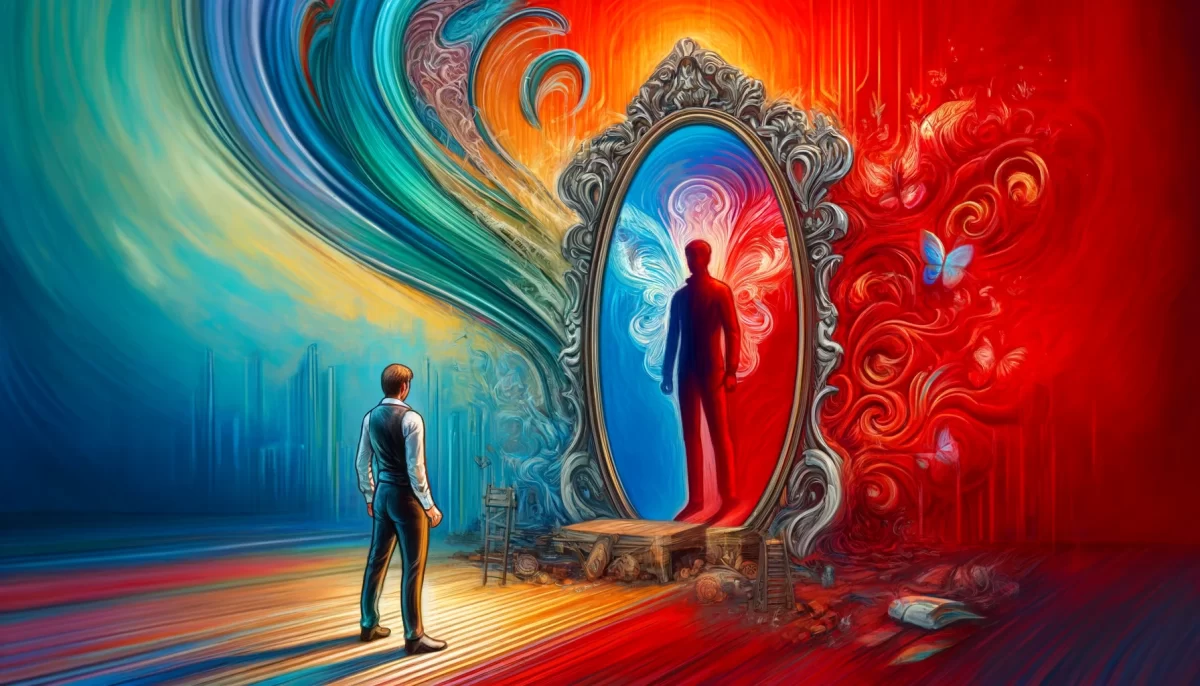

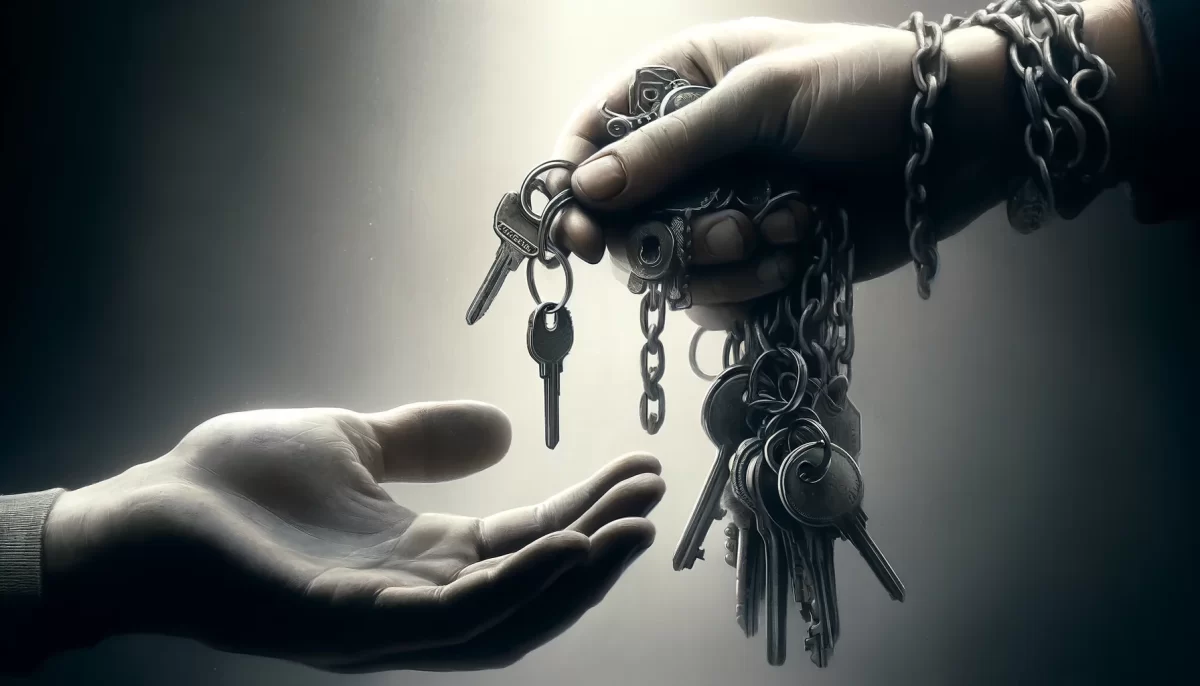

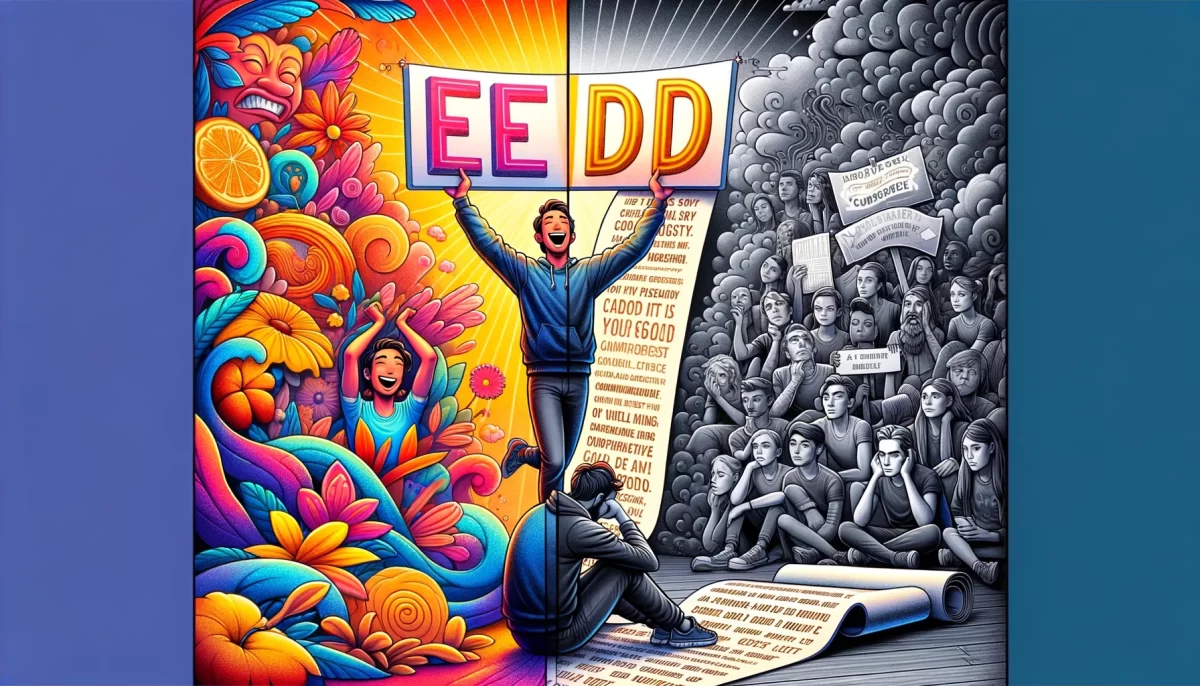
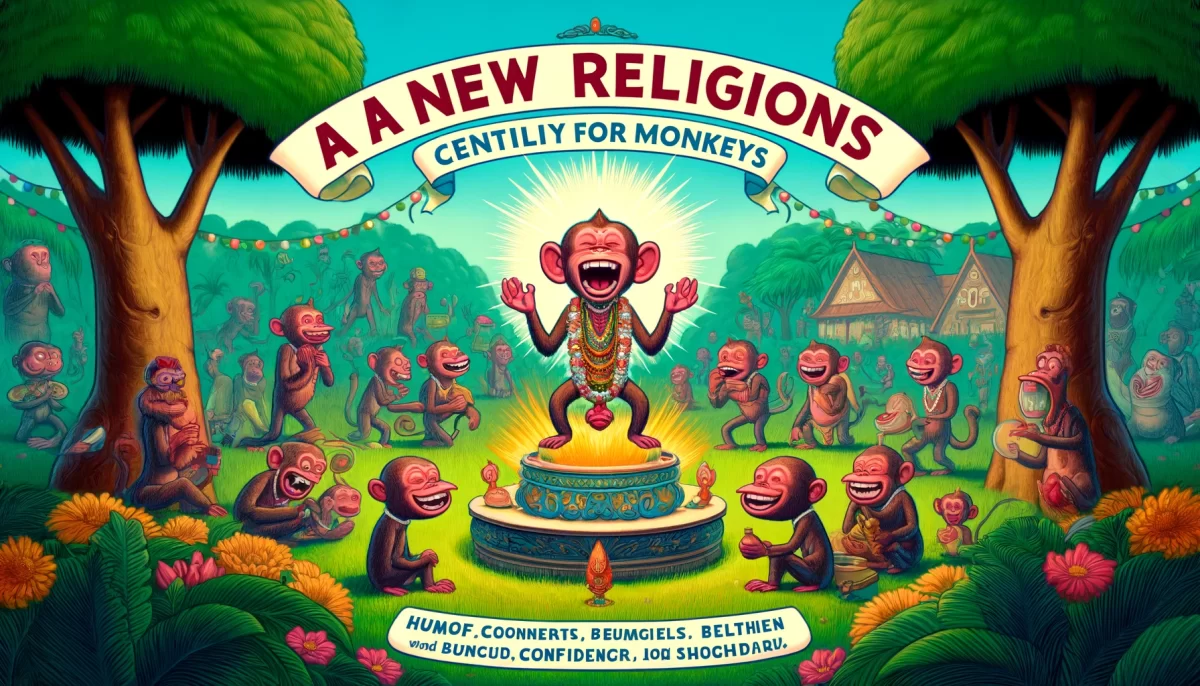
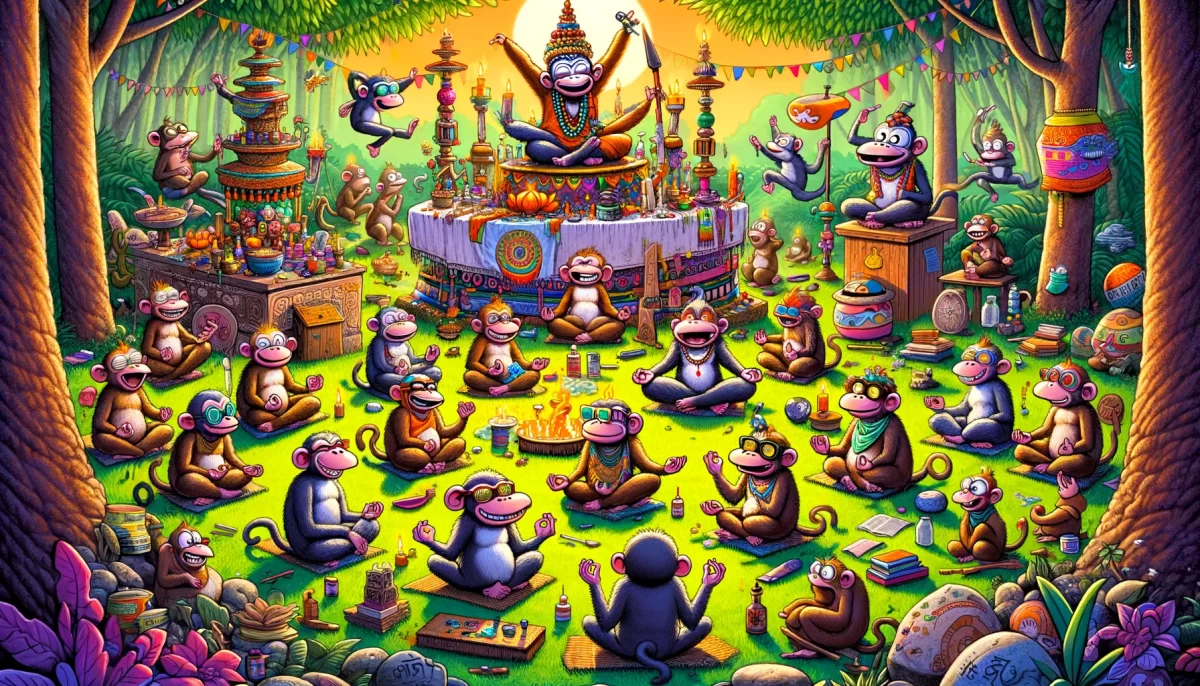



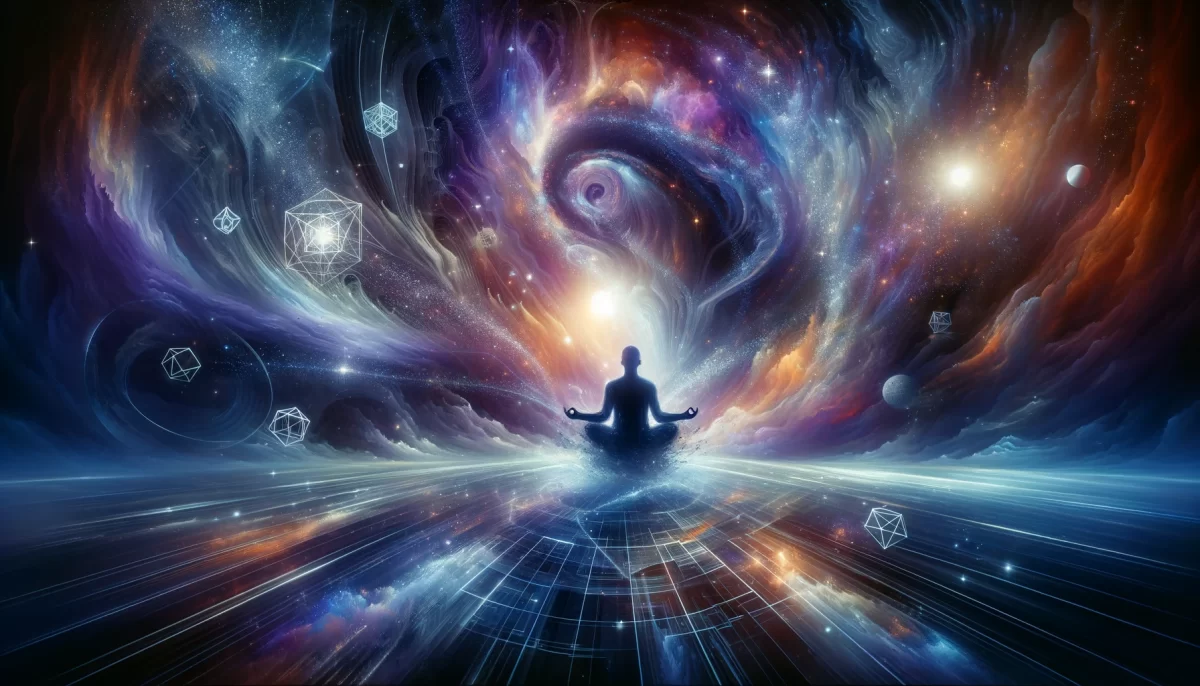


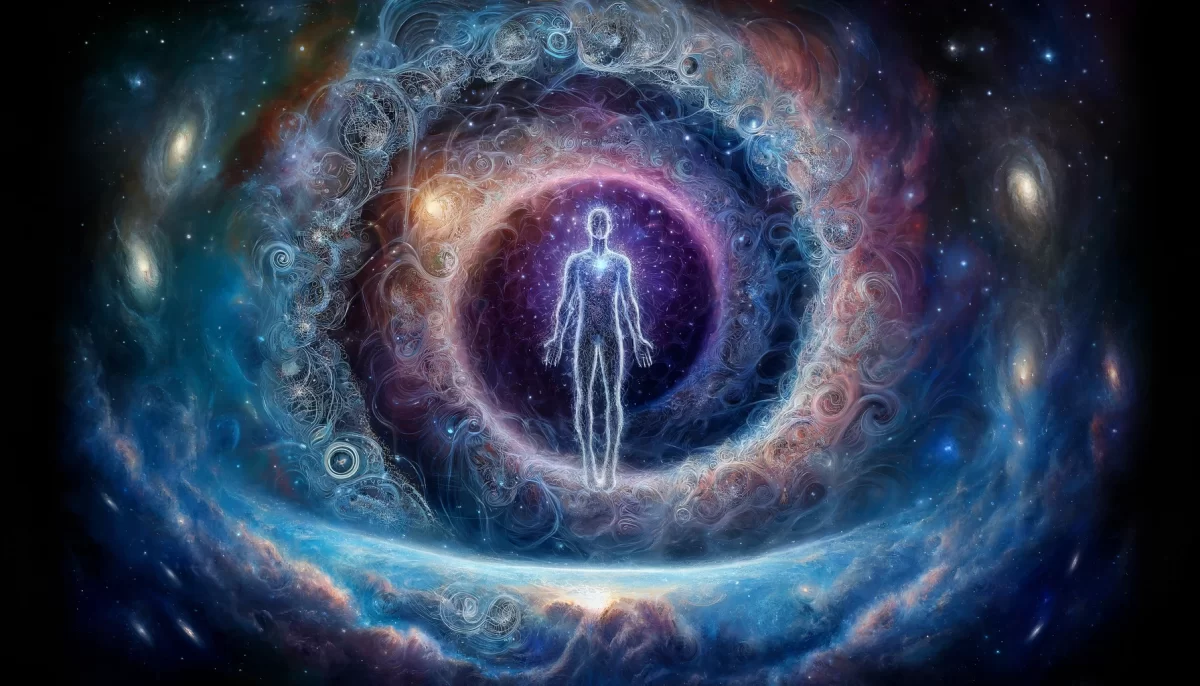


The feeling of being measured,
evaluated, and compared
can be deeply unsettling.
It’s as if our worth
is reduced to a mere calculation,
a comparison against others.
In relationships, we wonder
if we measure up to past lovers,
if we are deemed better or worse.
In our work, we question
if our performance is enough,
if we are replaceable or valuable.
And in our connections,
we fear being deemed unworthy,
as if there’s always someone better.
But this mindset is flawed,
a distorted perspective of worth.
We are not defined by rankings,
by being the best or outdoing others.
Our worth lies in simply being,
in embracing our authentic selves.
We are unique, imperfect,
yet inherently valuable.
Our worth is not determined
by external measurements,
but by the essence of who we are.
In the quiet embrace of Trail Wood,
we find solace in our intrinsic worth,
knowing that we are enough,
just as we are.